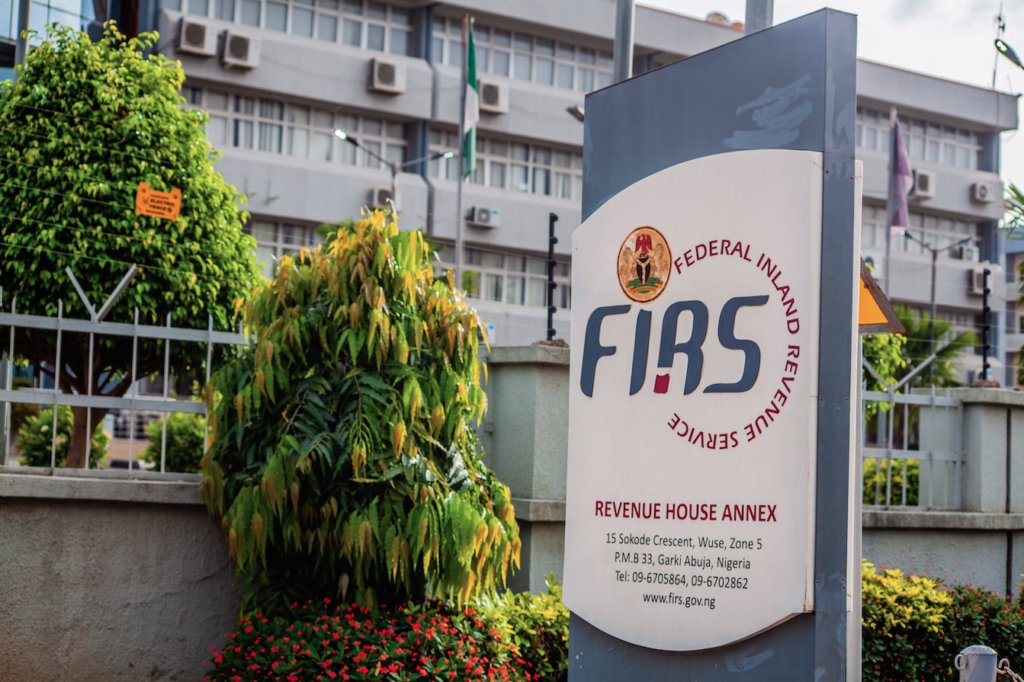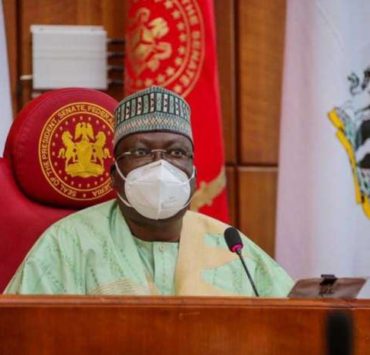VAT: Rivers Government Goes to S’Court, Wants Stay of Execution Nullified

The Rivers State government has urged the Supreme Court to set aside the Court of Appeal’s 10 September ruling ordering it and the Federal Inland Revenue (FIRS) to maintain status quo on the issue of Value Added Tax (VAT) collection, the subject matter of a pending appeal.
It also urged the apex court to disband the panel of the Court which gave the interim order and order another one to be constituted to hear the case.
The three-member panel of the Court of Appeal which issued the order being challenged at the Supreme Court by the Rivers State government was headed by Haruna Tsammani.
Peeved by the order, the Rivers State government, through its Attorney-General, approached the Supreme Court to seek an order nullifying the decision of the Court of Appeal and the reassignment of the appeal to a new panel.
The Rivers State government filed 10 grounds of appeal in its notice of appeal shared with journalists on Tuesday.
It maintained that the three-man panel of Justices of the Court of Appeal led by Mr Tsammani, had in their ruling, erred in law when they relied on the provisions of Section 6(6) of the 1999 Constitution and the inherent jurisdiction of the appellate court, to order all the parties to maintain status quo on the VAT dispute.
The Rivers State government also said the Court of Appeal lacked the powers to restore the parties to the position they were before the judgement of the Federal High Court in Port Harcourt in the suit marked FHC/PH/CS/149/2020.
The Federal High Court judgement which favoured VAT collection by the Rivers State government was delivered on 9 August
“The learned Justices of the Court of Appeal, in relying on the inherent jurisdiction of the court to make the order on the subject matter of this appeal, failed to appreciate that the inherent jurisdiction of the court cannot be applied in contravention of statutory provisions.
“The learned Justices of the Court of Appeal failed to appreciate the nature of inherent jurisdiction and that it cannot be invoked to circumvent the clear provisions of the statute as it was done with regards to Order 6 Rule 1 of the Court of Appeal Rules 2016 in this case”.
It argued that the appellate court panel failed to take into account a decision of the Supreme Court in SHUGABA V. UNION BANK (1999) to the effect “that no court has an inherent jurisdiction (except in extreme circumstances) to set aside the exercise of discretion of another court with regards to order made in respect of the application for stay of execution.”
It added that the Court of Appeal panel erred in law when they wrongly assumed jurisdiction to entertain on the oral application that counsel of the FIRS made for the maintenance of status quo by parties in the dispute, inspite of the fact that condition precedent for the invocation of the inherent jurisdiction of the appellate court was not fulfilled by the 1st respondent (FIRS).
According to the state government, the appellate court, by proceeding “to make far-reaching decision”, based on the oral application by FIRS, denied it a fair hearing.
It said the panel, by relying on the oral application to order the maintenance of status quo, which effectively operated as a stay of execution and as an injunction against the declaratory orders of the Federal High Court, occasioned a miscarriage of justice, to its prejudice.
It urged the Supreme Court to order that the FIRS’ appeal against the High Court judgement that stripped the federal government’s tax collection agency of the right to collect VAT in the state, be heard by a fresh panel.
In the appeal filed on behalf of Rivers State by Emmanuel Ukala, a Senior Advocate of Nigeria (SAN), the Attorney General of the Federation, was listed as a respondent in the appeal.
The Federal High Court in Port Harcourt had in a recent landmark judgment, held that it was unconstitutional for the FIRS to collect VAT and personal income tax in Rivers State.
Besides that, the court ruled that Rivers State government, and not the agent of the Federal Government – the FIRS – was authorised by the Nigerian Constitution to collect personal income tax in the state, newsmen had reported.
Buoyed by the court order, both Governor Wike of Rivers State and Governor Babajide Sanwo-Olu of Lagos State had signed into law bills authorising the state governments to collect VAT, a move being resisted by the FIRS.
But the FIRS had filed an appeal against the Federal High Court judgement.
The appeal led to the 10 September order of the Court of Appeal asking parties to the case to maintain the status quo.
In giving reasons for the order, the appellate court explained that the order was to preserve the ‘Res’ (subject matter) of the appeal before it.
It also said all the parties that had submitted themselves to the court’s jurisdiction, to “refrain from taking any action to give effect to the judgement of the Federal High Court”, which authorised the Rivers State government to collect VAT revenue, instead of the FIRS.
Lagos State which was not part of the case from the Federal High Court had applied to be joined in the appeal.
The joinder application was adjourned till 16 September for hearing.
Lawyard is a legal media and services platform that provides enlightenment and access to legal services to members of the public (individuals and businesses) while also availing lawyers of needed information on new trends and resources in various areas of legal practice.













